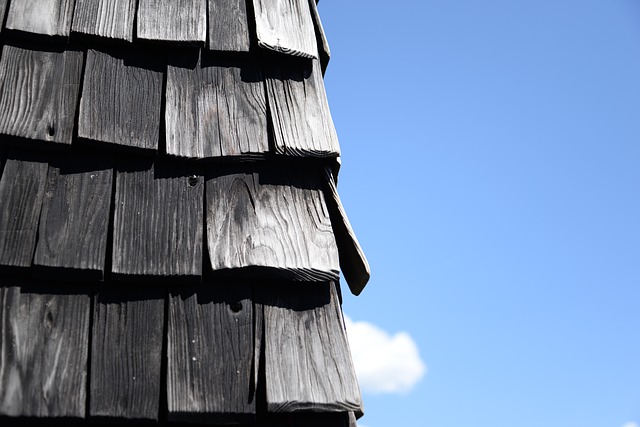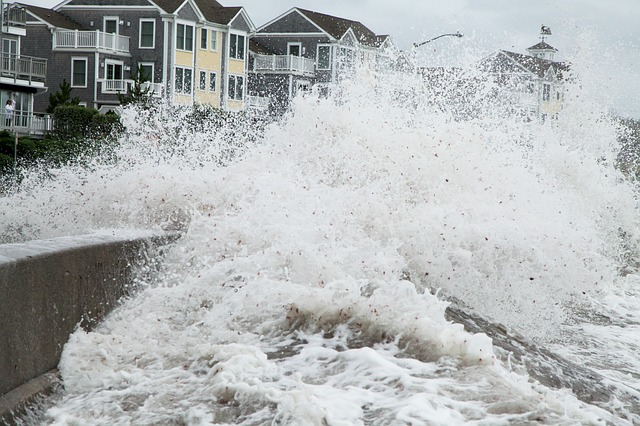Q: Our condominium had a new roof installed following a recent hurricane. The roof was paid for by insurance proceeds and the cost to replace the roof seemed high because of the high demand at the time. We have a contractor giving us a price to replace the roofs today, and we have another owner in the community telling us to use the projected cost to replace the roof 20 years from now. How do we reserve for roofs in these economic conditions?
-W. B., Naples
A: This has become a popular question with all of the new roofs being constructed following hurricane Irma. It will continue to be a popular question as many condominiums are being denied insurance coverage for various condominium components and the extent of repairs is still unknown for many condominiums in Southwest Florida.
The answer is that the Board needs to exercise business judgment. We know from the statute that the reserve budget must account for enough funds to replace the component at the end of its useful life. There are effectively three variables: 1) the estimating remaining useful life; and 2) the estimate replacement cost at the end of the useful life; and 3) inflation. Specifically, Section 718.112 provides that “the amount to be reserved must be computed using a formula based upon estimated remaining useful life and estimated replacement cost or deferred maintenance expense of each reserve item. The association may adjust replacement reserve assessments annually to take into account any changes in estimates or extension of the useful life of a reserve item caused by deferred maintenance.”
In your specific situation, you have a new roof, so there is no need to determine whether your condominium’s roof is nearing the end of the useful life. Thus, the Board should exercise business judgment and obtain a reliable opinion on the variables listed above to determine how much should be put aside each year. Because the cost of a roof today will likely not be the cost of a new roof in 20-30 years, I would not recommend using the recent replacement cost unless your contractor or engineer has a valid reason to do so.
Another consideration is historical averages. Hurricanes are (hopefully) rare events that impact prices, but historically you can determine general trends in roof labor and materials. Regressing to the mean is likely also an exercise in business judgment.
So, my recommendation is to make sure the Board is getting reliable information from an engineer, roofing contractor, or roofing expert, and then use that information to make a reasoned decision on future replacement cost and estimated useful life.
Visit our Condo/HOA Blog for more of our Q&A articles.
Steven J. Adamczyk Esq., is a shareholder of the law firm Goede, DeBoest & Cross, PLLC. To ask Mr. Adamczyk questions about your issues for future columns, send your inquiry to: [email protected]. The information provided herein is for informational purposes only and should not be construed as legal advice. The publication of this article does not create an attorney-client relationship between the reader and Goede, DeBoest & Cross, PLLC or any of our attorneys. Readers should not act or refrain from acting based upon the information contained in this article without first contacting an attorney, if you have questions about any of the issues raised herein. The hiring of an attorney is a decision that should not be based solely on advertisements or this column.











